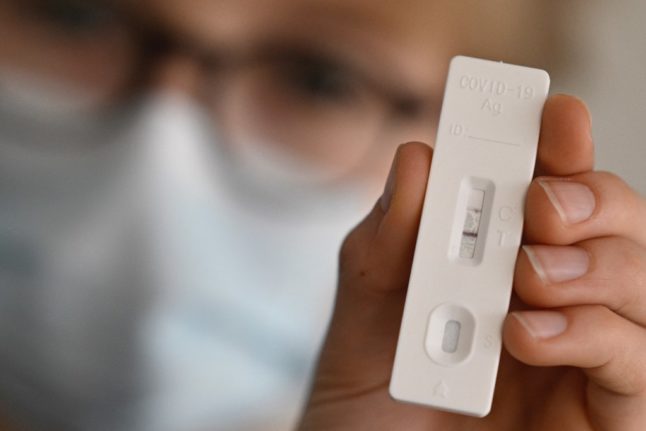With Austria’s national lockdown over and Vienna reopening its hotels and restaurants on Monday, holiday travel to Austria is possible again.
But there’s a big caveat: according to the new rules, you can only enter the country if you’ve been fully vaccinated or have recently recovered (within the last 180 days) from Covid-19.
As of Monday, December 20th, the ‘2G’ – geimpft (vaccinated) or genesen (recovered) – rule applies to anyone entering the country.
A PCR test is no longer enough to get you in.
But even if you’re vaccinated or recovered, if you haven’t had your booster jab yet, you’ll also need to show a negative PCR test for entry. If you can’t do this, you’ll have to self-isolate until you can show one.
You’ll need to prove this with either a vaccine certificate or a proof of past infection (plus a negative PCR test if you’ve not been boosted).
These can take the form of a doctor’s certificate, an official test result, a vaccination certificate/vaccination card/vaccine passport (including a pdf from an electronic vaccine passport, either on your phone or as a hard copy), or an official/medical certificate proving a past infection, either in German or English.
Once you’re in, now the lockdown is over, the 2G rule applies at hotels, restaurants, theatres, gyms, Christmas markets, ski lifts, and so on. Many areas also require you to wear an FFP2 face mask.
Bars and clubs remain closed.
Children and teenagers
There are also new rules for children and teenagers.
Children under 12 are currently exempt from the entry rules, apart from in Vienna, where children over six require a negative antigen or PCR test to enter the country.
And you can’t do self-tests either; these aren’t considered valid proof, you must get tests carried out by a professional, such as at a testing centre or a pharmacy.
Twelve to 15-year-olds (of any nationality), meanwhile, can get the ‘Holiday Ninja Pass’ if they’re not yet fully vaccinated or haven’t recovered from Covid-19. You can download the English version of the pass here. Take note, however, that this pass is not accepted in Vienna.
The pass is equivalent to 2G proof for seven days provided you have a valid negative test result from days one to five consecutively; at least two of the tests done must be PCR tests.
Anyone can record the official test certificate results in the pass (digitally or by writing them in), but the pass only counts as 2G proof if you also have the corresponding official test certificates with it. So remember to carry them with you!
You can find more information (in English) about this pass here; it’s essentially a holiday version of the Ninja pass that’s being used in Austrian schools already.
READ MORE:



 Please whitelist us to continue reading.
Please whitelist us to continue reading.
Member comments